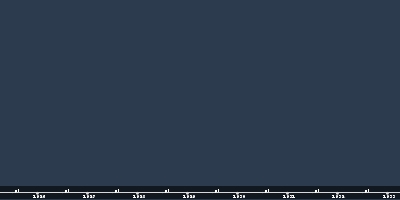jan 1, 1895 - U.S. arbitrates border dispute between Britain and Venezuela
Description:
Imperialists justified their views through racialized Social Darwinism (see “Darwinism and Its Critics” in Chapter 17). Josiah Strong, for example, predicted that with the globe fully occupied, a “competition of races” would ensue and the law of “survival of the fittest” would determine the result. Fear of ruthless competition drove the United States, like European nations, to invest in the latest weaponry. Policymakers saw that European powers were amassing steel-plated battleships and carving up Africa and Asia among themselves. In his book The Influence of Sea Power upon History (1890), U.S. naval officer Alfred Mahan urged the United States to enter the fray, observing that naval power had been essential to past empires. As early as 1886, Congress ordered construction of two steel-hulled battleships, the USS Texas and USS Maine; in 1890, it appropriated funds for three more, a program that expanded over the next two decades as the United States built one of the world’s most modern and powerful navies.During Grover Cleveland’s second term (1893–1897), his secretary of state, Richard Olney, turned to direct confrontation with European powers. He warned them to stay away from Latin America, which he saw as the United States’s rightful sphere of influence. Without consulting the nation of Venezuela, Olney suddenly demanded in 1895 that Britain resolve a long-standing border dispute between Venezuela and Britain’s neighboring colony, British Guiana. Invoking the Monroe Doctrine, which stated that the Western Hemisphere was off-limits to further European colonization, Olney warned that the United States would brook no challenge. Startled, Britain agreed to arbitrate. Backed by its new industrial might, the U.S. was aggressively pursuing its interests overseas.
Added to timeline:
Date:
jan 1, 1895
Now
~ 130 years ago
